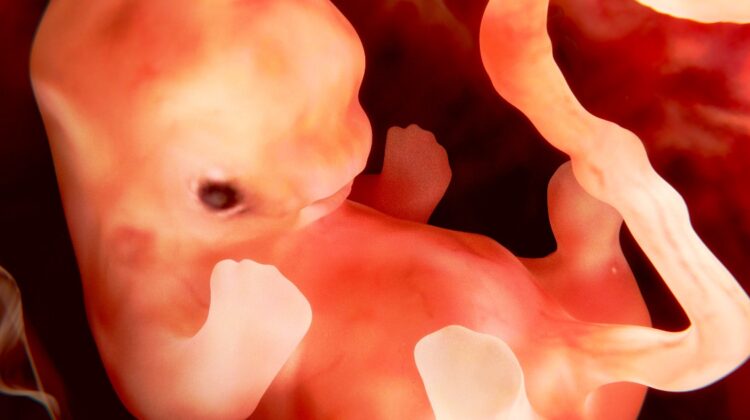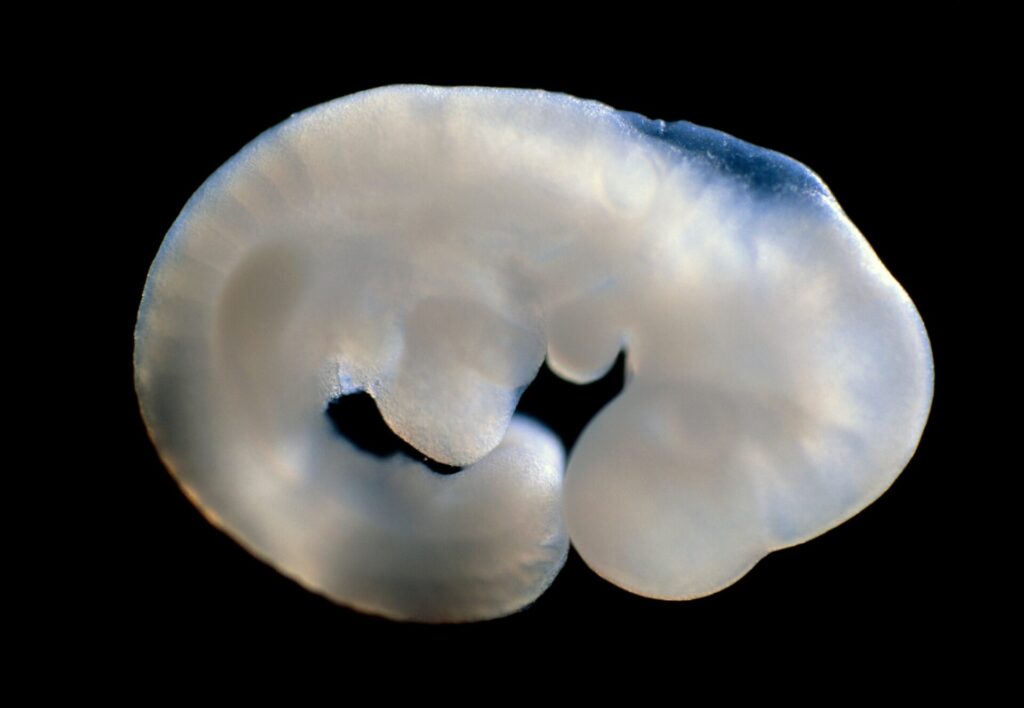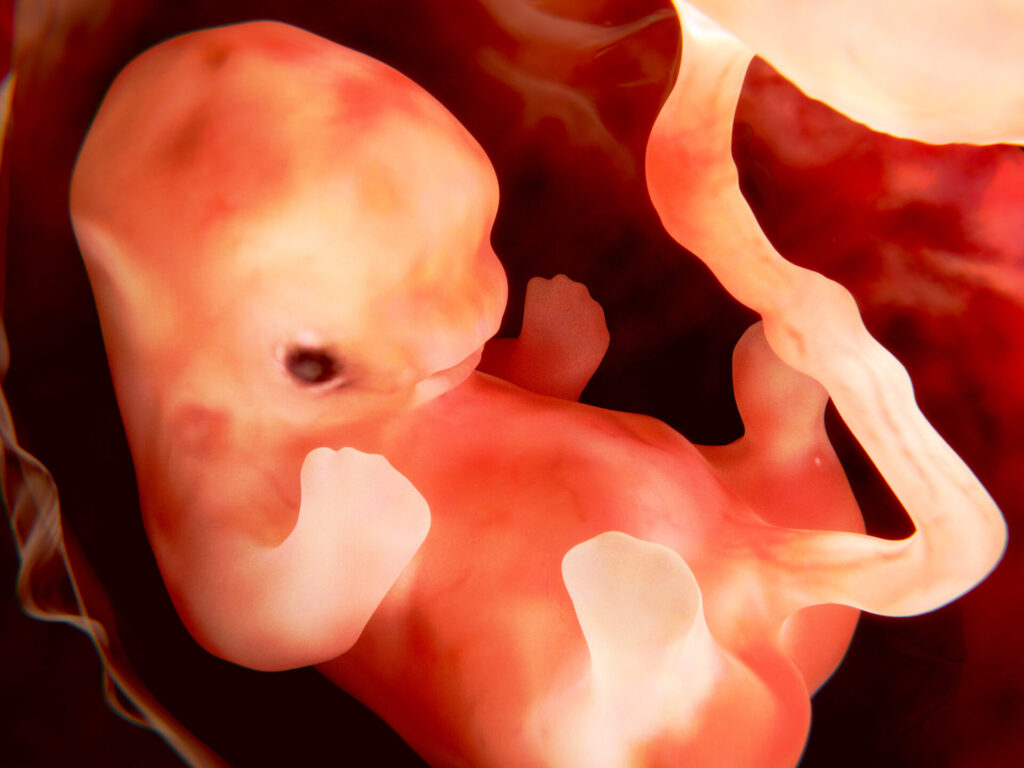
Japan has taken a groundbreaking step by allowing scientists to create human-animal hybrids, also known as chimeras. This research, which blends human cells with animal embryos, aims to develop transplantable human organs. While promising, it also raises significant ethical concerns.
The Rise of Human-Animal Chimeras
The first human-animal chimeras were created in 2003 by fusing human cells with rabbit eggs. Since then, researchers have developed human-pig and human-monkey hybrids, pushing the boundaries of genetic engineering.

Japan’s new policy supports Dr. Hiromitsu Nakauchi, a leading stem-cell scientist at the University of Tokyo and Stanford University. His goal? To grow human organs inside animals, offering a potential solution to the global organ shortage crisis.
How Do Human-Animal Hybrids Work?
Nakauchi’s technique involves injecting human-induced pluripotent stem (iPS) cells into animal embryos that lack certain organs. The host animal then grows an organ composed of human cells, which could be transplanted into patients. In previous experiments, rat-grown pancreases successfully treated diabetes in mice, proving the potential of this method.
Ethical and Scientific Challenges
Despite the potential medical benefits, human-animal hybrid research faces major hurdles:

- Cognitive Concerns: Scientists worry that human cells might integrate into an animal’s brain, raising ethical questions about its consciousness.
- Technical Barriers: Human cells struggle to thrive in animal embryos, making successful organ growth difficult.
- Public Perception: Many remain uneasy about the moral implications of creating chimeras.
The Future of Human-Animal Hybrid Research
While countries like the U.S. allow this research, Japan’s approval marks a major shift in global bioethics. Nakauchi plans to proceed cautiously, focusing first on mice and rats before expanding to larger animals like pigs.
If successful, human-animal hybrid technology could revolutionize organ transplants, saving countless lives. However, the scientific community must address ethical concerns and technical challenges before these hybrids become a reality.

Leave a Reply